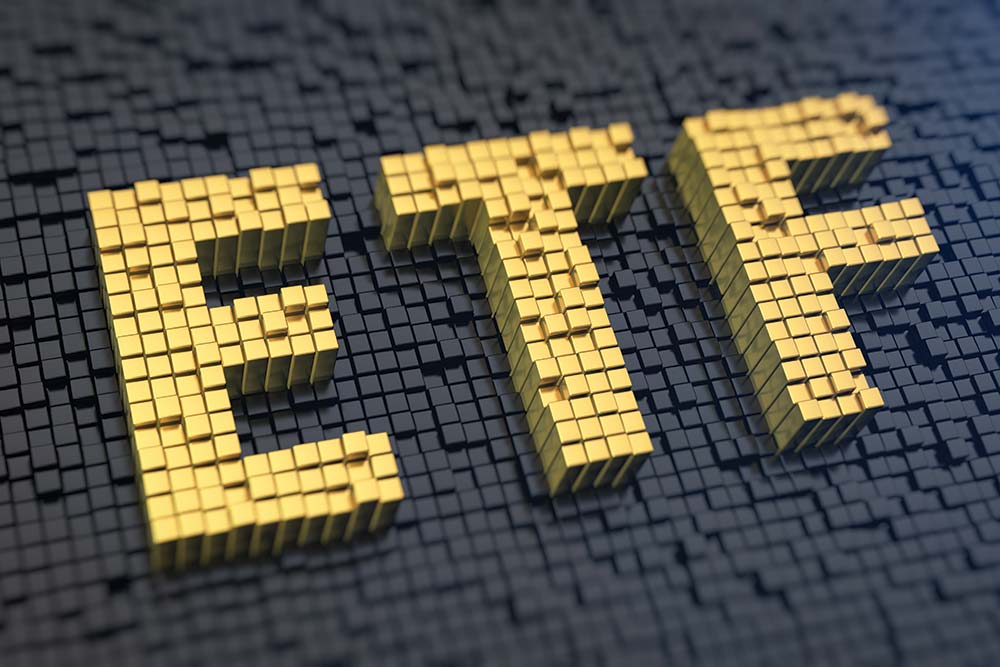MF Switch From Growth To Dividend Option Attracts Tax
Piyu Panch, Nashik
What are the tax implications for switching units from one scheme to another within the same fund house or to another fund house?
Switching units from one scheme to another, within the same fund house or between different fund houses is considered as redemption of units in the existing scheme and purchase of units in the new scheme.
The tax implication depends on the type of fund, as taxation is different for equity and debt funds.
Where the investment is switched from an equity fund, and if the holding period is less than a year, then it would qualify as short-term capital gains (STCG) and will be taxed at 15 per cent. If the holding period is more than a year, then it would be treated as long-term capital gains (LTCG), and it will be taxed at 10 per cent over and above the first Rs 1 lakh of capital gains.
For debt funds, if the holding period is less than three years, then the gains will be considered as STCG and will be added to the income and taxed as per the investor’s income tax slab. If the investment is held for more than three years, it will be considered as LTCG and will be taxed at 20 per cent after indexation.
At present, switching of units of mutual fund within the same scheme from growth to dividend plan and vice-versa is subject to capital gains tax.
If you have invested in mutual funds through a trading and demat account, then you may be able to do an online switch transaction (if the system permits), for switching the units from a scheme of one fund house to a scheme of another fund house. Else, you will need to first redeem them and then initiate the purchase transaction.
Uma S. Chander, CFP CM, Handholding Financials
Tridiv Dutta, Guwahati
What is the meaning of open-ended and closed-end in mutual funds?
Open-ended schemes are ongoing and open for subscription and redemption on a continuous basis on all business days at the current net asset value (NAV). Closed-end schemes have a fixed maturity date.
The units are issued at the time of the new fund offer (NFO) and redeemed only on maturity. The units of closed-end schemes are mandatorily listed on the stock exchange to provide an exit route before maturity, and they can be sold or traded on the stock exchanges.
Hina Shah CFPCM, Financial Coach, LUHEM

Nainika Chawla, Chandigarh
I want to invest in gold. Should I go for gold exchange-traded funds (ETFs) or Sovereign Gold Bonds (SGBs)?
Investments in gold ETFs take place on the stock exchange with gold as the underlying asset. These are passive investment instruments that aim to track the domestic price of gold. They can be bought and sold during market hours on a stock exchange.
Gold mutual funds primarily invest in gold ETFs. For both gold ETFs and gold funds, if the holding period is less than three years, then the gains are considered as short term and taxed accordingly. If held for longer, they will be treated as LTCG and taxed at 20 per cent with indexation.
SGBs are issued by the Reserve Bank of India (RBI) on behalf of the Government of India. They have a tenure of eight years and can be redeemed only after the fifth year from the date of issue. The bond is tradable on stock exchanges, if held in dematerialised format. The gains are tax-free if held till maturity, but taxable if sold early. They fetch an interest of 2.5 per cent per annum, which is taxable at your marginal tax slab rate.
Choose your option considering your liquidity requirements, ease of investing and taxation.
Suhel Chander, CFPCM, Handholding Financials

